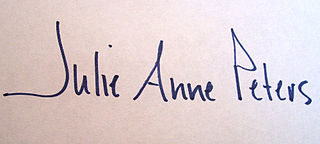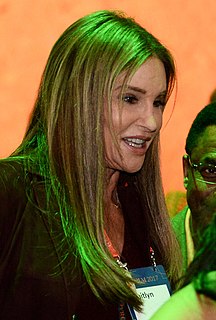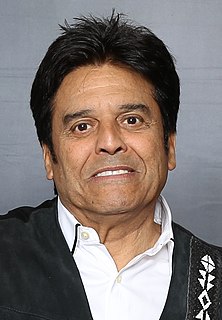A Quote by Adrienne Rich
In the interstices of language lie powerful secrets of the
culture.
Related Quotes
In my teen years and early twenties I was really interested in this fellaheen worlds that, of course, Kerouac invokes and wanting to go below the border and wanting to get to these other places or interstices of the culture where you were encountering the realities of these other kinds of cultures, experiences, language, I think of jazz culture of course.
Her voice was slightly accented but her French was perfect. Someone who'd not just learned the language but loved it. And it showed with every syllable. Gamache knew it was impossible to split language from culture. That without one the other withered. To love the language was to respect the culture.
I don't sleep. All night long I'm wide awake, thinking, Secrets, secrets, secrets. There are secrets in my past no one needs to know. Secrets in my present that might kill Kim and Chip. I don't want to take my secrets with me when I go. When I pass through the light, i want to be free of everything and everyone.
Here in the U.S. we do have a problem with a president Donald Trump who uses language in two distinctly destructive ways. One is to lie, and to use words to mean their opposite. Like, when he calls the Russian investigation a "witch hunt." He can't call it a "witch hunt" because a witch hunt is something that a powerful person does against a powerless person. The most powerful man in the world cannot be the object of a witch hunt.
This happens to a lot of kids from different backgrounds - they lose a lot of their parents' and grandparents' teachings, language and culture because they have to deal with another language and culture 24/7. By the time I was 44, I was terrible at Spanish. I was always intimidated whenever I had to speak it.
Language both reflects and shapes society. Culture shapes language and then language shapes culture. Little wonder that the words we use to talk to each other, and about each other, are the most important words in our language: they tell us who I am, they tell us who you are, they tell us who 'they' are.
The language of the culture also reflects the stories of the culture. One word or simple phrasal labels often describe the story adequately enough in what we have termed culturally common stories. To some extent, the stories of a culture are observable by inspecting the vocabulary of that culture. Often entire stories are embodied in one very culture-specific word. The story words unique to a culture reveal cultural differences.






































